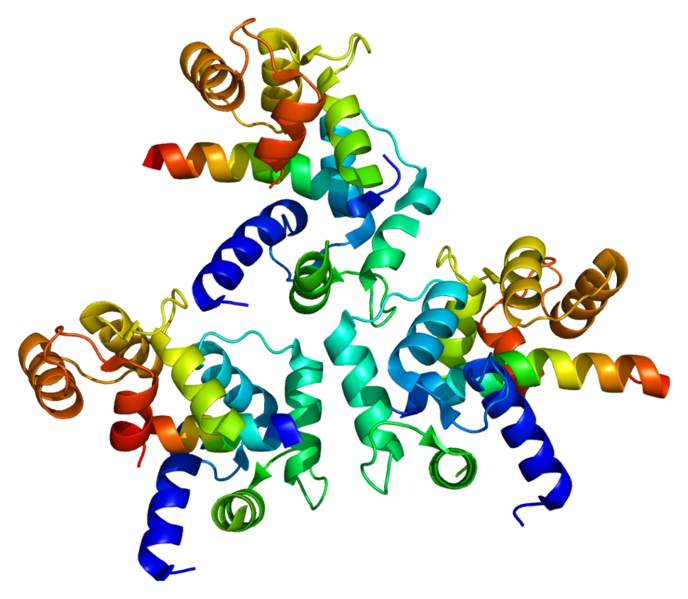Parkinson’s breakthrough could slow disease progression
October 25, 2012

Cav1.3 also known as the calcium channel (credit: Emw/Wikimedia Commons)
Northwestern University scientists have developed a new family of compounds that could slow the progression of Parkinson’s disease.
Parkinson’s, the second most common neurodegenerative disease, is caused by the death of dopamine neurons, resulting in tremors, rigidity and difficulty moving. Current treatments target the symptoms but do not slow the progression of the disease.
The compounds work by blocking calcium. The compounds target and shut a relatively rare membrane protein that allows calcium to flood into dopamine neurons.
Previously published research by D. James Surmeier, chair of physiology at Northwestern University Feinberg School of Medicine, showed that calcium entry through this protein stresses dopamine neurons, potentially leading to premature aging and death. He also identified the precise protein involved — the Cav1.3 channel./.../
No comments:
Post a Comment